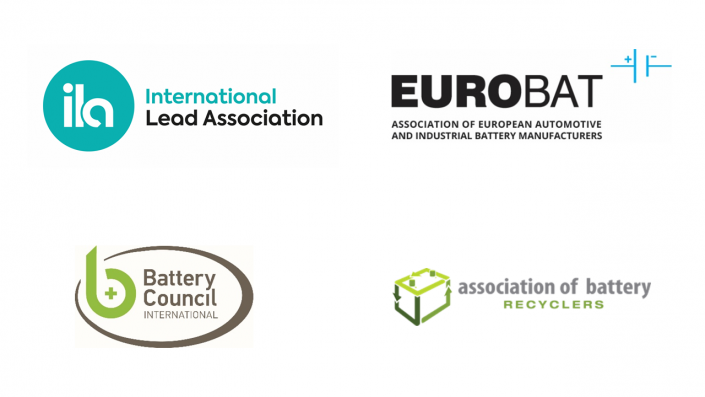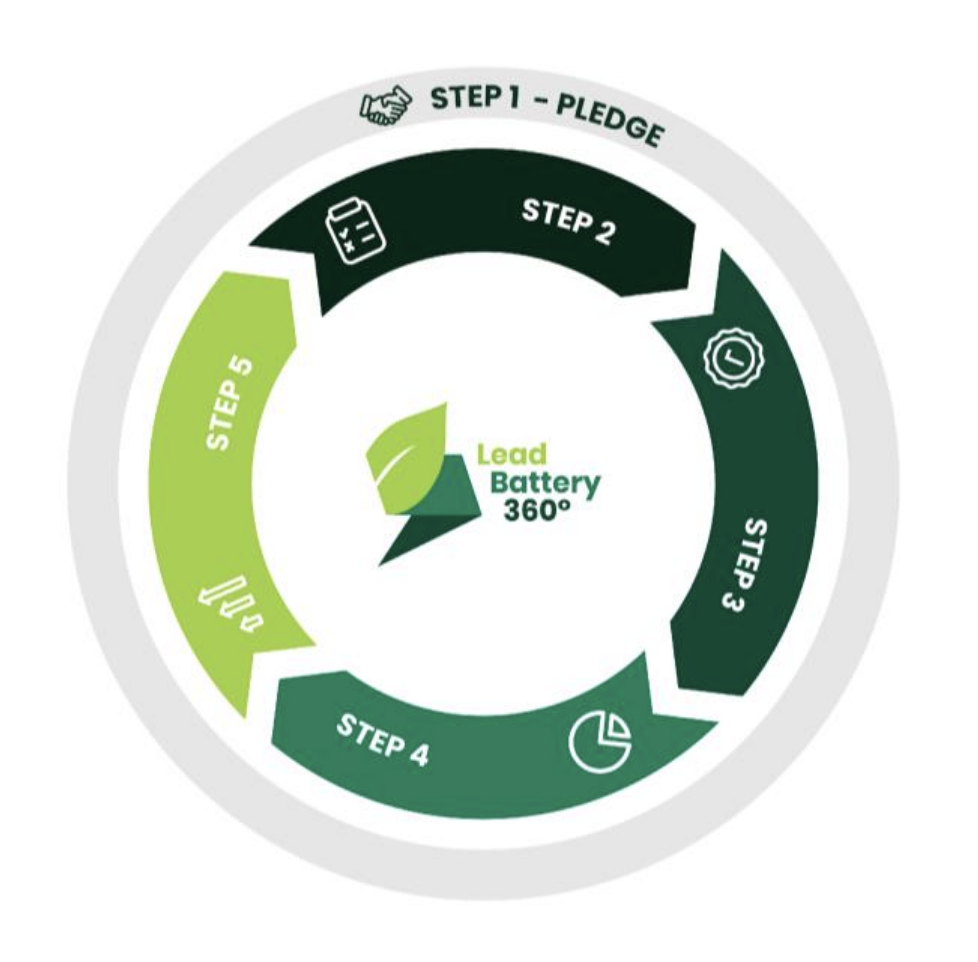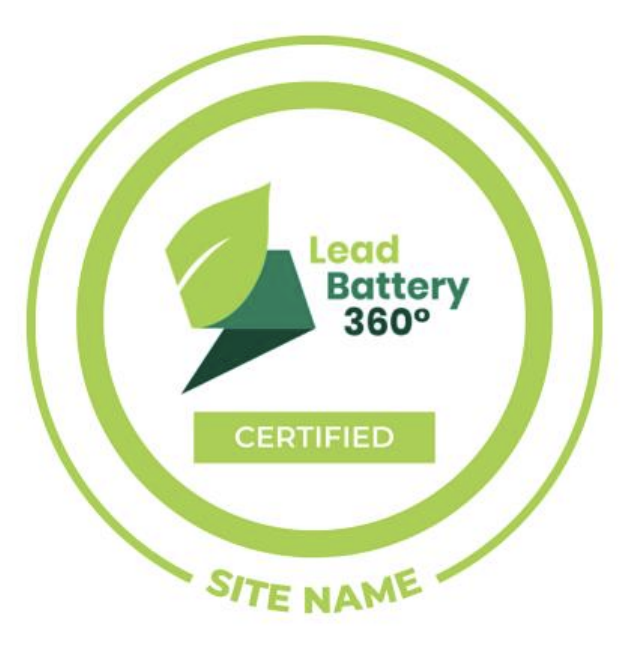Material stewardship
As an industry we are continuously working to ensure that lead is manufactured and used responsibly, minimising environmental and health impacts.
Global alliance works to improve standards in lead battery manufacturing and recycling
Four associations representing lead and lead battery companies in North America and Europe are working with global partners to champion best practicies in lead mining, production, battery manufacturing and recycling.
Practices that result in the adverse impacts on human health and the environment exist in countries where little or no regulation is in place, and where often vulnerable, poorer communities take part in unsafe practices to earn income, despite the risks. By contrast, North America and Europe benefit from advanced recycling and manufacturing facilities, which are appropriately regulated and where environmental and health standards are a priority.

ILA and our partner associations are committed to supporting the United Nations’ Children’s Fund, UNICEF, non-governmental organisations and other agencies in those countries where informal recycling is a problem.
The material stewardship program ‘Lead Battery 360°’ has been devised to support further work in the ongoing battle against inappropriate and substandard battery recycling.
Associations and companies have committed to responsible battery recycling and sourcing of raw materials and advocating for improved standards of lead battery recycling in low and middle-income countries by reducing the influence of the informal sector.
Stronger together: sustainable safe battery manufacturing and recycling
The ILA, working with three other associations – Battery Council International, EUROBAT, and the Association of Battery Recyclers – have formed a global alliance to help improve standards in lead battery manufacturing and recycling worldwide.
Our comprehensive material stewardship program Lead Battery 360° has objectives to:
Promote responsible sourcing
and prevent material entering the market from recyclers who fail to establish controls and processes to protect public health and the environment.
Encourage the development of producer responsibility programmes so that there is market-driven collection of the companies’ batteries at end-of life and recycling under environmentally-sound conditions.
Encourage continuous improvement in the environmental and health and safety performance of all companies in the lead battery value chain.
Support best practice sharing and advocate for improvements in health and environmental standards in low and middle-income countries.
Enhance transparency by reporting progress to interested stakeholders.
The Guiding Principles:
-
1
Support responsible battery manufacturing and recycling
by placing environmental health and safety excellence at the heart of our operations.
-
2
Promote the sound management
of lead exposure and emissions by setting continuous improvement targets and sharing best practices.
-
3
Adopt responsible sourcing policies
for lead containing materials, seek to identify risks in the supply chain, and use our influence to promote best practices for EHS performance in suppliers’ operations.
-
4
Minimise the environmental impact
of our products by encouraging the development of programmes that ensure effective collection, transportation and environmentally sound recycling of used lead batteries.
-
5
Adopt business practices
that consider the communities impacted by our operations, respect the human and labour rights of our employees and work against corruption in all its forms.
-
6
Proactively engage
key stakeholders in an open and transparent manner.
-
7
Partner
with key stakeholders and government agencies to share our expertise and promote environmentally sound recycling of lead batteries in low and middle-income countries.
We want to see an end to all informal and unregulated recycling in low and middle-income countries. The more governments and regulators do in these countries to provide incentives to ensure that used batteries are only recycled by high performing recyclers, and to crack down on unregulated recycling, the better.
Joint statement by ILA, EUROBAT, BCI and ABR July 2020


Global Alliance to Address Poor Recycling Practices
In 2019, a global alliance of lead and lead battery industry groups – the International Lead Association, Battery Council International, the Association of European Automotive and Industrial Battery Manufacturers, and the Association of Battery Recyclers – adopted a set of Guiding Principles designed to address poor practices seen in lead battery recycling in low- and middle-income countries and to establish a benchmark for sites in more established markets that were already operating in a regulated environment
This material stewardship program, now called Lead Battery 360°, builds upon decades of technical guidance given by ILA to help global partners, include the United Nations Environment Programme (UNEP), the Basel Convention Secretariat (BRS), and Pure Earth tackle informal and substandard lead battery recycling in low- and middle-income countries with the goal of improving standards in lead battery recycling worldwide.
Assurance Framework and Certification
Lead Battery 360° is now supported by a comprehensive assurance process that allows participating companies to demonstrate their commitment to implement the seven Guiding Principles. This has been designed to: define the fundamental environmental, social, and governance elements that characterize responsible sourcing and production of lead and lead batteries; and allow independent assessment of such elements through the definition and third-party assessment of clear Performance Expectations.
Companies that sign on to and successfully complete the Lead Battery 360° assurance process will be able certified to use a Lead Battery 360° claim, which will provide assurance that they operate and source responsibly.

